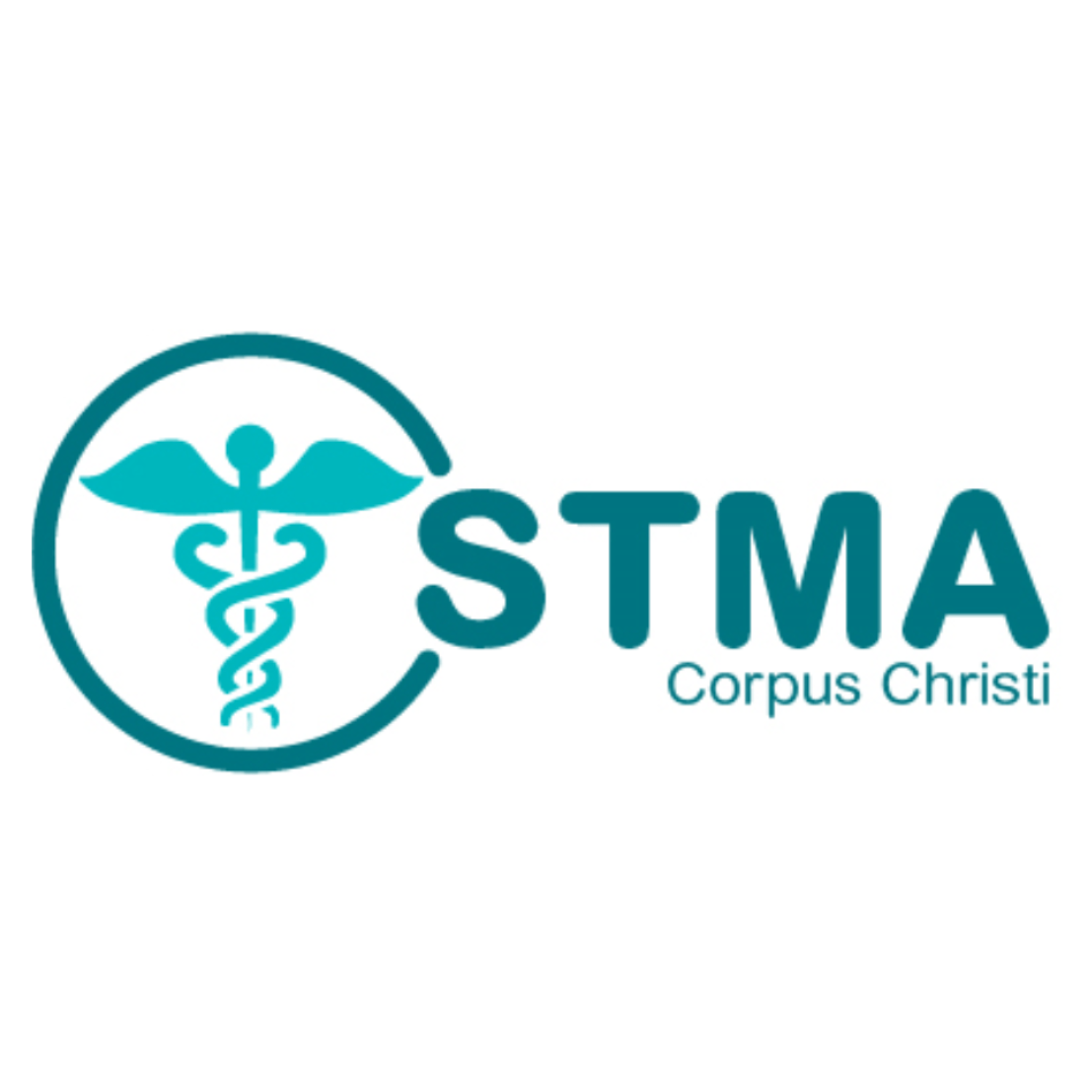Have you ever wondered what exactly a primary care physician (PCP) does and why they play such an essential role in your healthcare? Understanding their roles lets you appreciate the comprehensive care they provide and how they can significantly impact your health management.
Your primary care physician serves as the cornerstone of your medical journey, helping you navigate all aspects of health, from prevention to treatment. Let’s explore the multifaceted responsibilities that primary care doctors undertake to ensure your well-being.
What Is a Primary Care Physician?
A primary care physician (PCP) is a medical doctor specializing in providing extensive healthcare services to patients of all ages. They are trained to diagnose, treat, and prevent a wide range of medical conditions. Primary care physicians often serve as the main healthcare providers for individuals and families, providing continuous care from routine checkups to managing complex health issues.
Primary care providers include family physicians, internists, geriatricians, and pediatricians. Family doctors treat patients of all ages, internists focus on adult medicine, and pediatricians specialize in the care of children. On the other hand, geriatricians specialize in caring for older adults, typically those aged 65 and above.
Roles and Responsibilities of a Primary Care Physician
Primary care doctors serve as the initial contact for all health-related concerns. They are responsible for diagnosing and treating acute and chronic medical conditions, providing preventive care, and offering health education to patients. Here are some key roles and responsibilities of a primary care doctor:
- Initial Contact for Health Concerns. PCPs are the first point of entry into the healthcare system. They evaluate symptoms, provide diagnoses, and develop treatment plans.
- Coordination of Overall Medical Care. PCPs coordinate care with other healthcare providers, enabling patients to receive comprehensive and continuous care. This often involves referrals to specialists when needed.
- Building Long-Term Relationships. PCPs build lasting and trusting relationships with their patients, providing consistent care and gaining a thorough understanding of their medical history, preferences, and lifestyle.
- Referral to Specialists. When a patient’s condition needs specialized care, PCPs can refer them to the appropriate specialists and coordinate the treatment plans.
Offering Preventive Care
Preventive care is a cornerstone of primary care, focusing on measures that prevent illness and promote health. Primary care physicians play a crucial role in delivering preventive services, which include:
- Vaccinations. Immunizations to protect against infectious diseases.
- Health Screenings. Regular screenings for conditions such as high blood pressure, diabetes, and cancer.
- Health Education. Providing guidance on nutrition, exercise, and lifestyle choices to help patients maintain excellent health.
- Routine Checkups. Regular checkups to monitor health and detect potential issues early.
Managing Chronic Conditions
Chronic conditions such as diabetes, hypertension, and asthma require ongoing management and monitoring. Primary care physicians are instrumental in delivering continuous care for these long-term illnesses. Their responsibilities include:
- Regular Checkups. Periodic visits to monitor the patient’s condition and adjust treatment plans.
- Personalized Treatment Plans. Developing customized care plans that address each patient’s unique needs and preferences.
- Medication Management. Prescribing and managing medications to control symptoms and prevent complications.
- Coordinating with Specialists. Ensuring seamless collaboration between different healthcare providers involved in the patient’s care.
Offering Comprehensive Treatment Plans
Primary care physicians offer different treatment options for a wide variety of ailments. Their treatment approach is based on evidence-based medicine principles, providing patients with effective and up-to-date care. Examples of common treatments provided by PCPs include:
- Medications. Prescribing and managing medications for chronic and acute conditions.
- Therapies. Recommending physical, occupational, or speech therapy as needed.
- Minor Procedures. Performing minor surgical procedures such as suturing wounds and removing skin lesions.
- Patient Education. Educating patients on their conditions and treatment options to help them make better decisions for their health.
Providing Patient Advocacy and Support
Primary care physicians can advocate for their patients. They provide emotional support and guidance to give patients the knowledge to navigate the healthcare system’s complexities. Key aspects of patient advocacy and support include:
- Healthcare Guidance. Helping patients understand their health conditions and treatment options.
- Supportive Care. Providing emotional support and counseling to address mental health concerns.
- Patient Education. Offering resources and information to help patients take an active role in their health.
- Coordinating Care. Ensuring patients receive comprehensive and coordinated care across different healthcare providers.
When to See a Primary Care Physician?
- Annual Check-ups. Even if you’re feeling well, annual check-ups are essential. These visits can catch potential health issues early and update your medical history.
- Preventive Screenings. Tailored to your age, sex, and risk factors—like mammograms, colonoscopies, blood pressure checks, and cholesterol tests.
- Vaccinations. For vaccinations and staying updated with immunizations: flu shots, tetanus boosters, travel vaccines, etc.
- New Symptoms. When experiencing new or unexplained symptoms like persistent cough, headaches, weight changes, or fatigue.
- Chronic Condition Management. For ongoing management of chronic conditions, such as diabetes, hypertension, asthma, or heart disease.
- Mental Health. If you’re experiencing signs of depression, anxiety, stress, or other mental health issues.
- Before Starting a New Exercise Program. Especially if you have pre-existing health conditions or have been inactive for a while.
- Medication Management. Review or adjust medications if you’re experiencing side effects or if they don’t seem to be working.
- Injury or Illness. For non-emergency injuries or illnesses that don’t require immediate emergency care, such as sprains, minor burns, or infections.
- Significant Life Changes. Such as pregnancy, severe weight gain or loss, or quitting smoking—events that may affect your overall health.
- Seasonal Issues. For managing seasonal allergies, flu-like symptoms, or other seasonal health concerns.
- Follow-up Appointments. After an emergency room visit, surgery, or specialist referral for continuity of care.
- Family Planning. For discussions about contraception, preconception counseling, or fertility concerns.
- Health Concerns. Anytime you have a health concern, question, or need advice—even if it seems minor.
You should also consider when to visit a primary care physician (PCP), urgent care, or the emergency room (ER). It largely depends on the severity and immediacy of your medical needs. A PCP is your go-to for routine check-ups, chronic disease management, and non-urgent medical concerns that require ongoing care or prescriptions.
Urgent care is often the best choice for issues that require immediate attention but are not life-threatening—like minor injuries, sudden but non-severe pain, or mild infections. However, if you experience severe symptoms such as chest pain, difficulty breathing, signs of a stroke, or severe bleeding, the ER is essential, as these situations require immediate, specialized care and potentially life-saving interventions.
Make Your Health a Priority: Schedule Your Visit Today at STMA!
A primary care physician plays a huge role in extensive, personalized, and preventive care across different stages of life. Investing time in regular visits and building a long-term relationship with your PCP can make all the difference in achieving and maintaining optimal health.
Don’t hesitate—schedule a visit with our dedicated primary care physicians at STMA in Corpus Christi today to start on a path towards a healthier life. Visit our website to learn more about our services and book your appointment. Together, let’s prioritize your well-being and take charge of your health!





